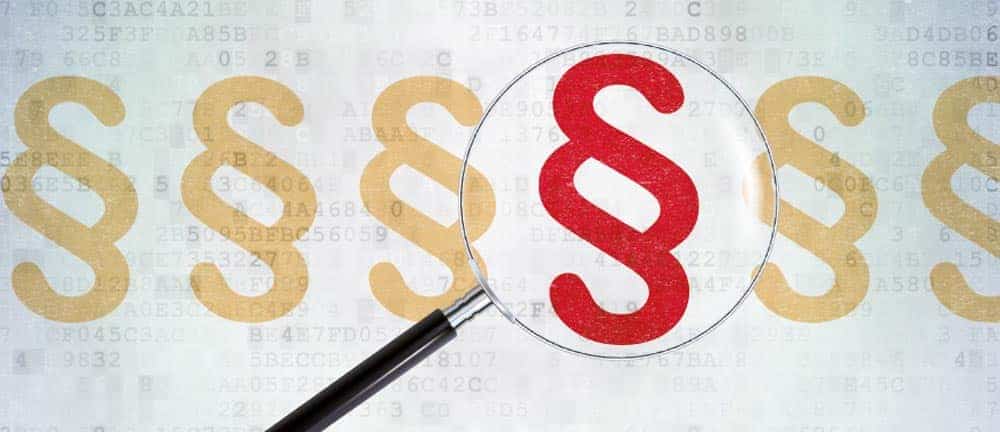Rent brake for SAP?


SAP apparently wants to raise its prices for cloud services by 3.3 percent. This price increase is to take place automatically every year in the future, similar to a graduated rent, reports Handelsblatt. That doesn't sound like much at first, but over time it adds up to a substantial surcharge: for a five-year contract, that's almost 18 percent. Thus, over this period, a fee of 100,000 euros per year rises to around 118,000 euros (plus possible list price adjustments, not to mention the S/4 Hana Private Cloud, whose infrastructure will be the only choice for many companies).
Offer added value
So: If I want to book a service, automatic annual price increases usually keep me from using it. I am Hanseatic, straightforward, global, for me negotiated conditions must be fixed within the term. A price increase should always offer added value. In fact, I can't reduce licenses within the term and thus have effectively zero flexibility, but the annual costs within agreed terms for now upcoming new contracts should increase. Why should I then conclude long terms at all and not rather wait and watch the market? And what does this mean when my existing cloud contracts expire?
Features can be removed and priced separately at each contract renewal. If it is not regulated in the "lease," terms of use can be changed at will. Price increases, without offering a corresponding countervalue, take hold. If the customer does not accept this, the subscription is terminated and the software can no longer be accessed. Business critical data (even those under legal obligation to retain!) will be lost. There is no realistic exit option for a lease agreement for software as complex as SAP. This discussion is grist to the mill of all cloud skeptics who are afraid of putting themselves into further dependencies (the so-called vendor lock-in) of a single provider. We will certainly have to take a closer look in the future, also with regard to PaaS use.
However, if SAP succeeds in pushing through its price increase without any noticeable loss of customers, then this will at least be good news for shareholders (pressure on margins decreases, revenues increase) - for other members of the community rather less so.
In the long term
The topic of licenses and prices has been a bone of contention between SAP and users for many years: Many customers complain that they can no longer understand the vendor's pricing and licensing models. DSAG has long been calling for more flexibility and transparency here. Especially in the cloud, flexible licensing models are needed that allow users to scale resources as needed. In the short term, the cloud plays its trump cards and may have its advantages in a volatile market. The key word here is also scalability, because there is a break-even point. Perhaps the cloud is not the cheaper option in the long term after all - who knows. In a pure license analysis (infrastructure costs completely removed from the equation), the rental model is more expensive than S/4 Hana on-premises after four years at the latest.
Before migrating to the SAP cloud model, it is therefore important to tidy up the license inventories, thoroughly check the contract situation and simulate the license requirements in the cloud model beforehand. This prepares you for the upcoming negotiations with SAP to get the most out of your license contracts.
SAP Licensing is complex and requires technical and legal know-how. Only those who have optimized their licenses do not pay more than necessary or risk expensive additional payments.







